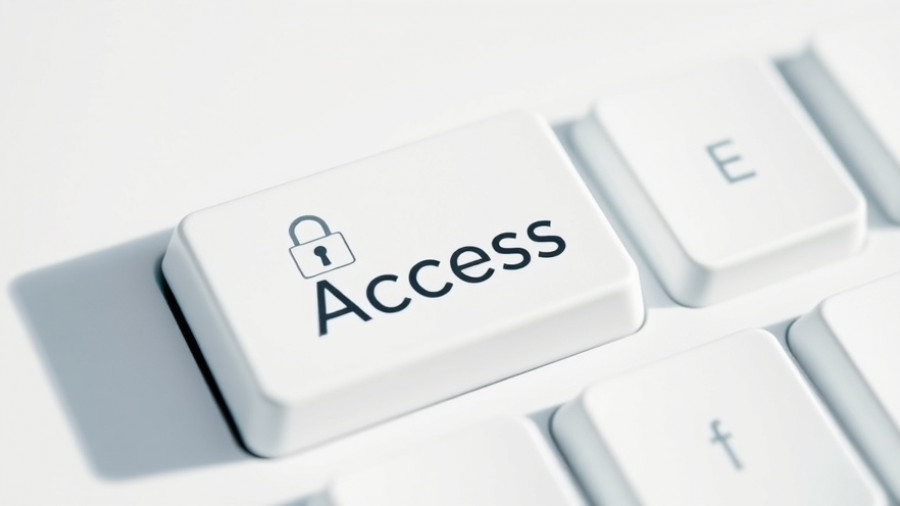
Understanding Health Literacy: A Key Component for Better Care
As the complexities of the healthcare system continue to grow, the importance of health literacy has never been clearer. For many, particularly older adults and those on Medicare, navigating health information can be a daunting task. This Health Literacy Month, we take a closer look at the nuances of health literacy, its significant role in advancing health equity, and how health organizations can effectively empower individuals.
Defining Health Literacy and Its Relevance
The Centers for Disease Control and Prevention (CDC) emphasizes that "health literacy is the degree to which individuals have the capacity to obtain, process, and understand health information needed to make informed health decisions." This definition underscores that health literacy is not merely about reading pamphlets or forms; it embodies a person's ability to engage with complex health information effectively. When health literacy is low, the outcomes can be dire. Research indicates that individuals with limited health literacy face higher hospitalization rates, increased healthcare costs, and poorer health outcomes.
The Intersection of Health Literacy and Health Equity
Improving health literacy is not only vital for individual care; it stands as a critical pillar in the pursuit of health equity. Many marginalized populations, particularly older adults and individuals with disabilities, often struggle with health literacy, compounding existing health disparities. For instance, a staggering 60% of people on Medicaid have low health literacy skills. By enhancing health literacy, we can close these gaps, ensuring that all individuals, regardless of background or circumstance, have equal opportunities for a healthy life.
Strategies for Enhancing Health Literacy
Organizations and care providers must adopt comprehensive strategies to enhance health literacy among their patient populations. The U.S. Office of Disease Prevention and Health Promotion outlines several best practices:
- Using Plain Language: Tailoring communication to use clear and simple language can drastically improve understanding.
- Diverse Formats: Providing health information in various formats—digital, print, and face-to-face—ensures accessibility for diverse populations.
- Community Engagement: Partnering with local organizations can help bridge cultural and technological gaps that affect understanding.
Case Studies: States Leading the Charge
Several states are reimagining health literacy in innovative ways. For example, Michigan integrates health literacy through community health workers (CHWs) who offer culturally tailored education, enhancing member engagement. Oregon has implemented metrics incentivizing coordinated care organizations to provide meaningful language access, increasing healthcare accessibility for patients with limited English proficiency. This demonstrates that practical, efficient strategies can yield significant improvements in health literacy and equity.
Empowering Medicare Beneficiaries
For Medicare patients, understanding their rights and benefits is paramount. When beneficiaries possess the knowledge to navigate their options, they can advocate more effectively for their needs. This empowerment can lead to improved health outcomes and a richer quality of life. Informing individuals about their Medicare and Medicaid options can enhance patient engagement and promote a culture of proactive health management, which is essential for aging populations.
Looking Ahead: The Future of Health Literacy
As we reflect on the importance of health literacy this month, it is vital to recognize that enhancing health literacy is a collective effort. All stakeholders—providers, policymakers, and community organizations—must collaborate to create an environment where information is accessible and actionable. With advanced tools such as telehealth services, remote patient monitoring, and automated communication systems, the healthcare landscape is evolving, presenting new opportunities to further health literacy initiatives.
Call to Action: Take Action This Health Literacy Month
This Health Literacy Month, consider what actions you can take to promote health literacy in your community. Whether it’s by distributing educational materials in simple language, utilizing patient engagement tools, or enhancing your practice’s automated patient outreach strategies, every effort counts. Together, we can build a healthcare system that is not only effective but equitable for all.
 Add Row
Add Row  Add
Add 




Write A Comment